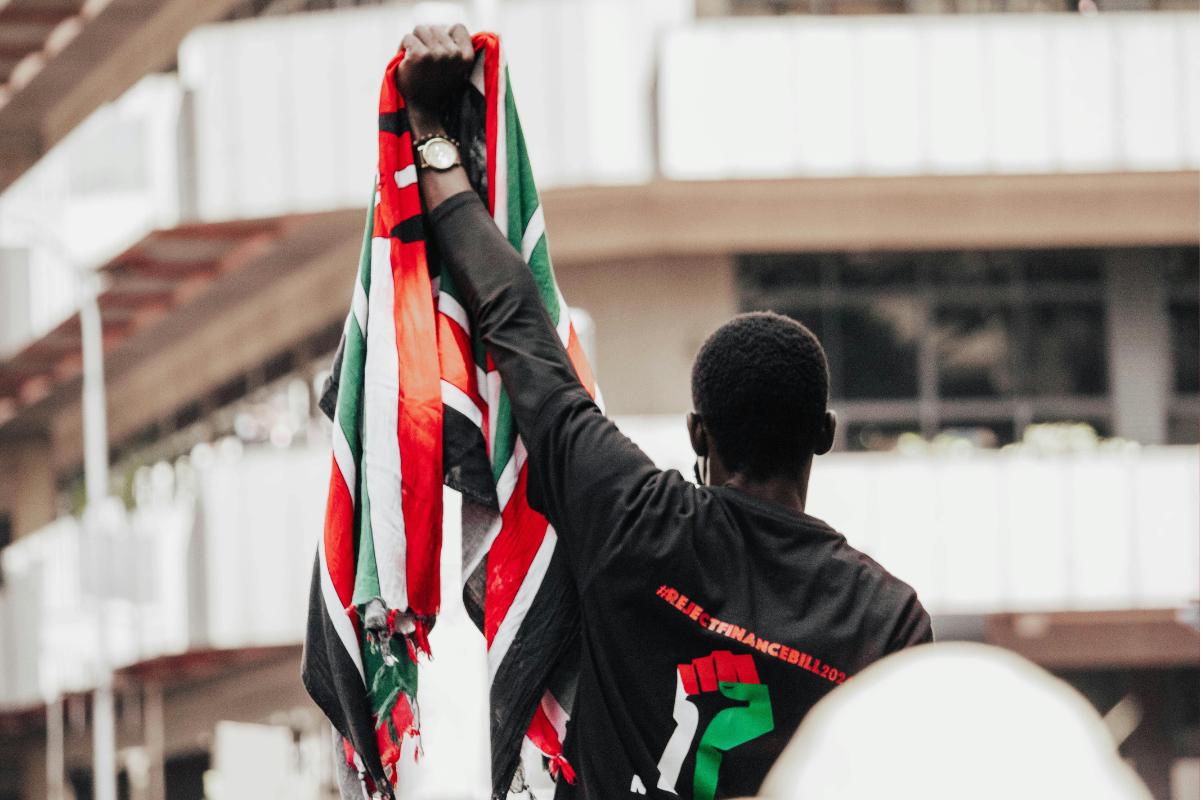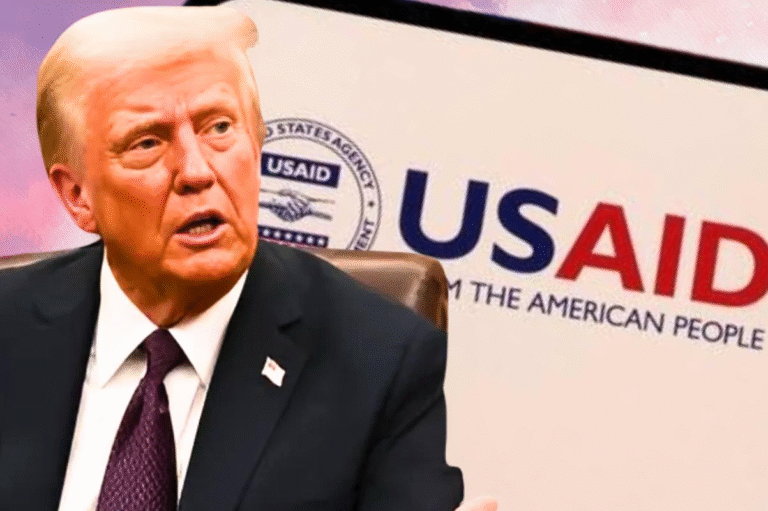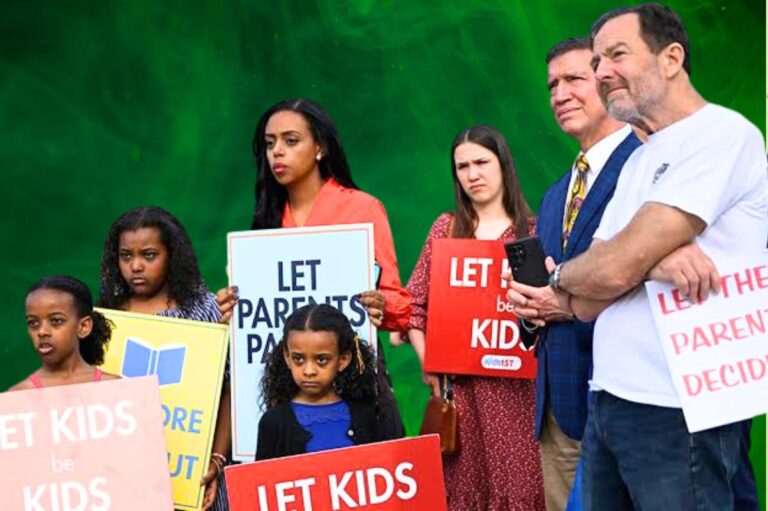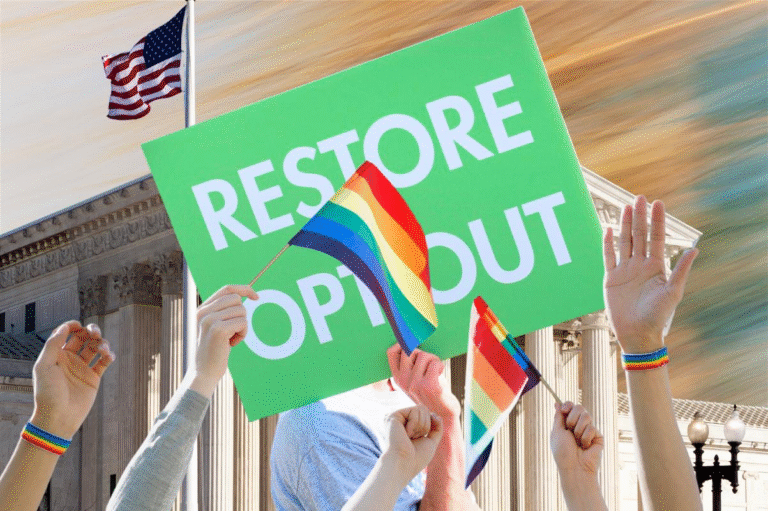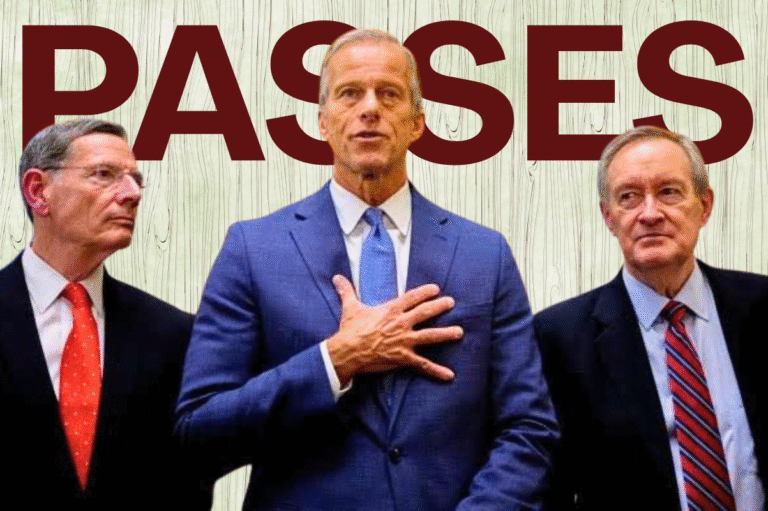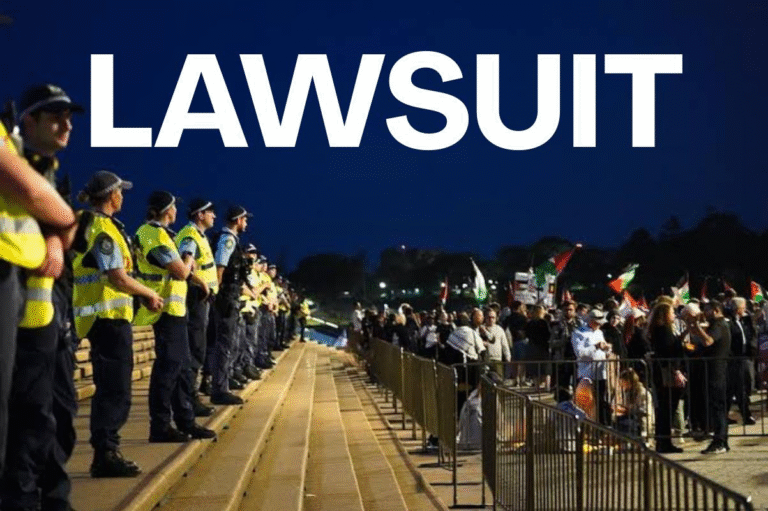Kenyan Youth Protest Blogger Albert Ojwang’s Death
On June 25, 2025, Kenyan youth took to the streets to protest the tragic death of blogger Albert Ojwang. This incident reignited national debates about press freedom, police brutality, and government accountability. Ojwang, a 28-year-old outspoken digital activist, was known for his criticism of public corruption. Tragically, he was reportedly found dead in police custody under suspicious circumstances. His untimely death has sparked widespread outrage and mobilized youth-led demonstrations across major cities like Nairobi, Kisumu, and Eldoret. The phrase “Kenyan youth protest blogger Albert Ojwang’s death” has gained traction on social media platforms, evoking a mix of grief and growing resistance against the perceived suppression of dissent within the country.
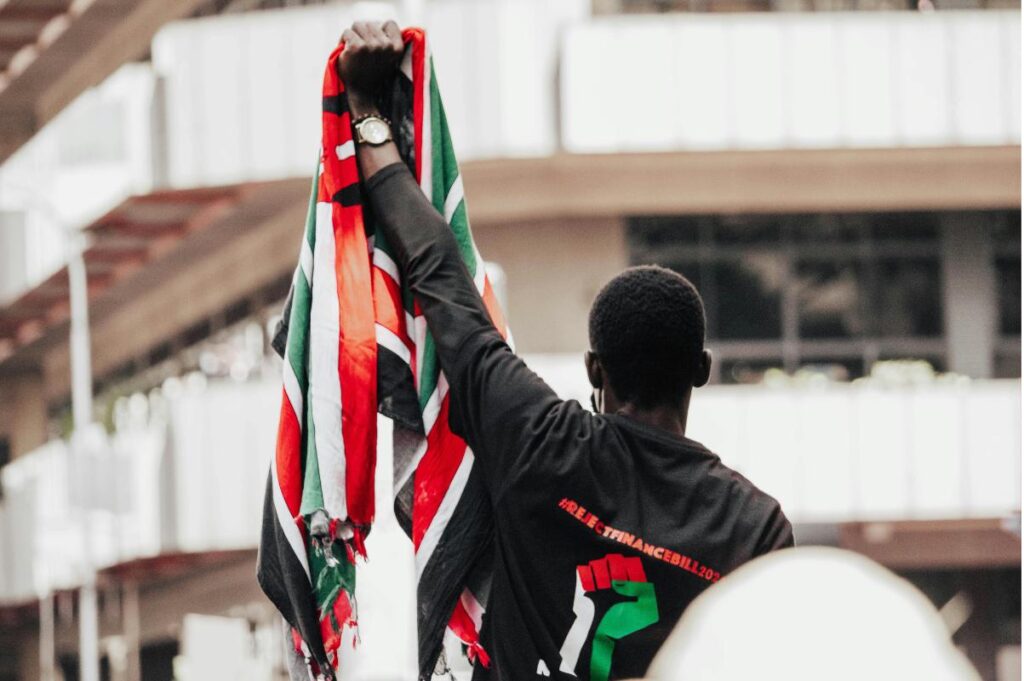
Who Was Albert Ojwang?
Albert Ojwang rose to prominence in Kenya’s digital activism scene through his blog and TikTok videos, which frequently challenged local politicians and exposed instances of graft. His unapologetic commentary garnered him a substantial following, particularly among Kenya’s youth, who perceived him as a voice for the marginalized.
Days before his arrest, Ojwang published a controversial exposé that alleged misuse of public funds within a county government. His family claims that he received threats and was being surveilled by unidentified individuals.
Mass Protests Against Trump Erupt Nationwide During Military Parade
Mysterious Circumstances Surrounding His Death
Police reports initially described Ojwang’s death as a suicide in custody, but inconsistencies in the timeline and conflicting autopsy findings have raised public suspicion. Human rights organizations such as Amnesty International and the Kenya Human Rights Commission (KHRC) have called for an independent investigation, citing a pattern of enforced disappearances and custodial deaths targeting activists and journalists.
In a joint statement, these organizations emphasized that the death of Albert Ojwang cannot be treated as an isolated incident. Instead, it serves as a stark reminder of the concerning state of free speech in Kenya.
Nationwide Protests and the Call for Justice
Kenyan youth protesting the death of blogger Albert Ojwang’s, this encapsulates a larger movement that has seen thousands of young people take to the streets. The protesters are demanding an impartial investigation, the resignation of implicated officers, and broader reforms to protect freedom of expression.
Videos shared by BBC Africa show large crowds marching peacefully with placards reading “Justice for Ojwang” and “Stop Silencing Our Voices.” In Nairobi, clashes were reported between demonstrators and riot police, leading to several injuries and arrests.
Despite the confrontations, protest leaders are urging continued nonviolent action. Miriam Otieno, a student organizer from Kenyatta University, emphasized that they are not backing down. “Albert was one of us,” said Otieno. “This is about justice, accountability, and democracy.”
Government Response – A Divided Narrative
The Kenyan government has issued statements urging calm and has promised a formal inquiry. However, trust remains low. Interior Cabinet Secretary Dr. Kithure Kindiki emphasized that no one, including law enforcement officers, is above the law. Additionally, Dr. Kindiki assured that the Independent Policing Oversight Authority (IPOA) will lead the probe.
Critics argue that similar promises have been unfulfilled in previous cases, including the deaths of activists like Caroline Mwatha and Samuel Musila. Consequently, the renewed protests over blogger Albert Ojwang’s death have become a rallying cry for deeper structural change.
A Turning Point for Press Freedom in Kenya?
The passing of Albert Ojwang is not just a tragic loss, it could mark a significant turning point for press freedom and civic rights in Kenya. As digital platforms become increasingly popular for activism, bloggers and online journalists are increasingly at risk from state actors.
Kenya, according to Reporters Without Borders, ranks 116th out of 180 countries on the 2024 World Press Freedom Index. The group has also warned that East Africa is facing rising threats of surveillance, intimidation, and criminalization of dissent.
The protests demanding justice for Ojwang are part of a larger movement to protect the freedom of expression in Kenya’s rapidly developing democracy.
Conclusion
The protests for the death of Albert Ojwang’s Death, is a powerful declaration of resistance. As crowds continue to grow and pressure mounts on the government, this moment may become a landmark in Kenya’s history of youth-led activism and democratic advocacy.
Albert Ojwang’s legacy now lives on not only in his words but in the thousands of voices demanding justice, transparency, and a nation where speaking truth to power doesn’t cost one’s life.
